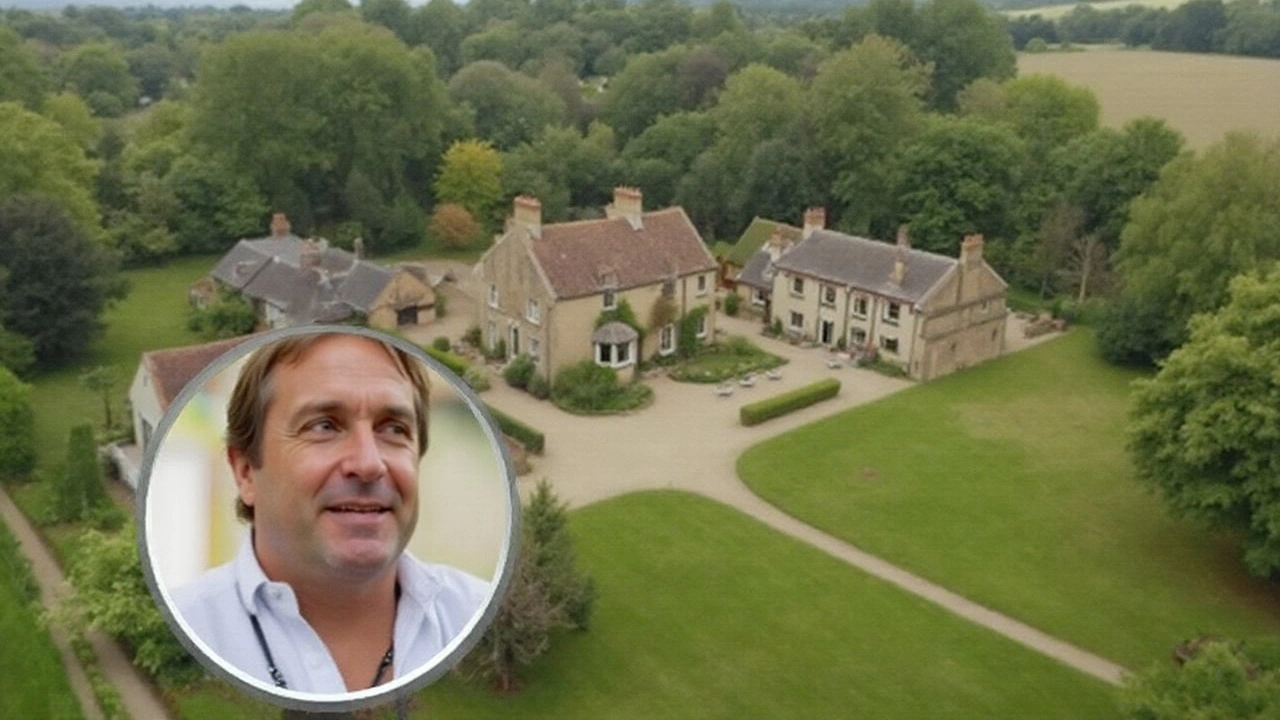Planning Permission: A Simple Guide for Football Fans & Developers
If you’ve ever wondered why a new stadium takes months or even years to appear, the answer is planning permission. It’s the green light you need from the local council before any construction can start. Without it, even the biggest club can’t break ground.
In the UK, planning permission is a legal requirement for most new buildings, extensions, or major changes to existing sites. The council checks that proposals fit local rules, protect the environment, and don’t mess up traffic or neighbours. Think of it as a safety net that keeps development in check.
How the Application Process Works
First, you’ll need a detailed plan. Architects and engineers draw up drawings, site layouts, and impact studies. Then you submit an application to the relevant planning department, usually online, along with a fee that varies by project size.
The council reviews the paperwork and may ask for extra info, like a transport assessment or flood risk report. They also open a public consultation period, so local residents can voice concerns. This stage typically lasts 21 days, but larger projects can take longer.
After the review, the council either approves, rejects, or asks for modifications. Approval comes with conditions you must follow, such as limiting hours of construction or preserving green spaces. If you’re denied, you have the right to appeal to the Planning Inspectorate.
Tips to Speed Up Your Planning Permission
Start early. Talk to the council before you file anything; informal pre‑application meetings can spot issues before they become roadblocks. Their feedback is usually free and can save weeks of re‑work.
Make sure your documents are flawless. Incomplete or unclear plans lead to “service requests” that delay decisions. Include detailed designs, a clear justification for the project, and any necessary environmental surveys.
Address community concerns upfront. If neighbours worry about noise or traffic, propose mitigation measures like sound barriers or dedicated parking. Showing you care about the local area builds goodwill and often eases objections.
Consider using a planning consultant. They know the ins and outs of local policies and can navigate the bureaucracy faster than most first‑timers.
Finally, stay on top of deadlines. Respond quickly to any council requests and keep a record of all communications. The faster you act, the sooner you’ll get that coveted consent.
Getting planning permission might feel like a maze, but break it down into these steps and you’ll move through it with far less hassle. Whether you’re a club planning a new training ground or a fan dreaming about a community pitch, the right preparation makes all the difference.

Planning Permission Headache Hits Christian Horner and Geri Halliwell
Red Bull boss Christian Horner and former Spice Girl Geri Halliwell are tangled in a string of planning permission problems at their Grade II‑listed Oxfordshire estate. Neighbours slammed a proposed stable complex, while a new pergola and gazebo were erected without consent. The couple now faces a risky retroactive application that could force demolition, underscoring how strict heritage rules can stall even modest upgrades.
View More